Rip-off or Spin-off? Modern Kids’ Shows Reuse Plots for Profit
Nickelodeon’s “The Thundermans” (left) was a tremendous hit, but its plot was borrowed from Disney’s Selena Gomez-driven comedy “Wizards of Waverly Place.”
February 4, 2019
Nostalgia is a feeling people crave. The emotion that most people undergo when encountering something that they grew up with is described as fulfilling or even saddening as they relive their precious memories if even for a moment. One memory that sparks this feeling among an incredible amount of adults or even teenagers is the television shows that they spent their childhood watching.
Children and pre-teens’ brains are perceived as very susceptible and can be easily manipulated through their surroundings. This is how basic language, mannerisms, and character traits are often developed.
Most of these television shows, believe it or not, had this effect on us. A study conducted in 1977 by Andrew Meltzoff and Keith Moore delved into that effect. The study proved that infants actually mimic others, and while this information seems very normal, and not strange, many people at the time truly believed that children were pre programmed with social responses.
This study supports this point that observing certain things at a young age can manipulate how you turn out, but many people don’t believe that the younger generation is as well off as the older ones, many of them believing it’s due to the shows and videos that current children are being influenced by.
The thing is, there’s just something about the goofy bumpers and unique shows that really can’t be replicated anymore. It’s almost as if television producers are reusing the same plot but with newer faces, and while this can be great to the newer generations, it may not be as pleasing for the older kids, the ones that grew up with these original shows.
Wizards of Waverly Place began airing in late 2007 and ceased production in early 2012 after 106 episodes and a movie released in 2009. The show followed Alex Russo and her family as they tried to keep their magical powers a secret and juggle their normal teenage school life. Does this sound familiar at all?
The Thundermans, first airing in late 2013 on Nickelodeon, a year after WOWP ended, follows Phoebe and her twin brother Max. Their family tries to keep their superpowers hidden and live normal lives, while also battling what exactly that normal life is, i.e their social lives and other obstacles caused by this.
These types of shows- the ones that bring fantasy and incorporate it with genuine struggles that many teenagers and kids face- capture the attention of young audiences and let them imagine that they too have these unique abilities.
While these two series show this, The Thundermans also displays a blatant rip off of the other, the plots being so drastically similar. This can be incredibly disheartening to older audiences who grew up with the Russos and their shenanigans.
Another show that seems to have ridden off of a beloved original is Girl Meets World.
This show, which ran from June 27, 2014 to Jan. 20, 2017 with an episode count of 72, is the follow up to the treasured 90’s series Boy Meets World. Despite this, kids and young adults loved the show when it came out.
This show is about Riley, the daughter of Cory Matthews and Topanga Lawrence-Matthews, and her life as she goes through her daily teenage struggles. It was an incredible follow up to the original series and had a great outcome.
While the aftermath of the show is fantastic, there is still that underlying reason as to why after 14 years Disney decided to bring a spin off into the mix. After the previous show’s popularity, Disney more than likely chose to ride off of that success and produce an equally profitable show.
Still, Boy Meets World itself was even originally described as a spin-off of a television show from the late 1980’s and early 1990’s titled The Wonder Years, which is also a coming of age show that follows young boy as he deals with big occurrences, like his first love and outside relationships involving his family and friends. The Wonder Years’ plot is insanely similar to that of Boy Meets World, though the TWY seemingly wasn’t as popular as it was hoped to have been.
It makes quite a bit of sense as to why writers and producers of the shows would bring forth a similar show with added humor in order to draw in an audience, and because of this, two successful shows were branched off of a single idea. Granted, this is just a theory.
The world of marketing and franchises consists of ploys like this- it’s how companies gain popularity and profit. In this case, the product isn’t ever really bad; no lawsuits or harm is brought to any of the companies.
Though, in turn, the rip offs of the original shows proved to be less reliant on actual values than they were on the comedy. Another prime example of this, are the two shows iCarly and Bizaardvark.
When the Internet began to become a huge part of modern day culture, shows like iCarly were made.
iCarly is a show that follows two young girls, Sam and Carly, and Carly’s neighbor, Freddy, as they create a web show that gains a lot of popularity. On the show, they make up events, characters, and bring on fascinating people, bringing a lot of creativity to the table in the long run. The show also includes personal and family matters that are seemingly addressed in a mature manner and may have allowed kids who were in those situations themselves to feel some sort of comfort knowing they weren’t the only one to experience such situations.
The show ran for 6 seasons from 2007 to 2012.
Bizaardvark, on Disney, is a T.V. show about two girls and their video streaming channel that gains fame. As their popularity spikes, the two are signed on to join a company where they make more content and also meet some pretty interesting people. The show ended in the spring of 2019 with little to no hate, but one of their stars continued on to become pretty controversial, as happens with a lot of child stars, anyway.
While iCarly had values and problem solving skills that it tried to instill in its audience, Bizaardvark doesn’t appear to have that, relying more on the comedy and keeping the viewers’ attention by using ridiculous ploys to come off as original and unique.
This goes back to the fact that children’s minds are indeed very malleable to their surroundings. Despite some plots being very similar, they never really came off as shows that could potentially damage a child’s outlook on things, but the truth is, stars, and even some shows today have that effect.
Children grow up with these stars and follow them throughout their lives, so what these people do ultimately has an affect on their audiences.
Producers really have to be careful when it comes to this, whether it be as a spin off or a blatant rip off of an original, less harmful show. Children are being exposed to this kind of media and ultimately picking up these traits that they think are okay. Shows like Bizaardvark, which provided a connection with kids today especially, can give kids today a warped view of the world. The show especially does not place value in responsible Internet use the way iCarly did (on and off-camera), so the spin-off is more damaging.
The rip-off isn’t always the problem–more so, the content within each version of the plot and how the content has evolved over time. Television companies like Disney and Nickelodeon should focus more on instilling good universal values into their plot lines should that children who spend so much time watching are gaining a sense of responsibility and unity with the characters portrayed in their favorite shows.
A previous version of this story had incorrectly stated that “Bizaardvark” ended in 2016 and the video streaming service was YouTube. Corrections have been applied to the current version.

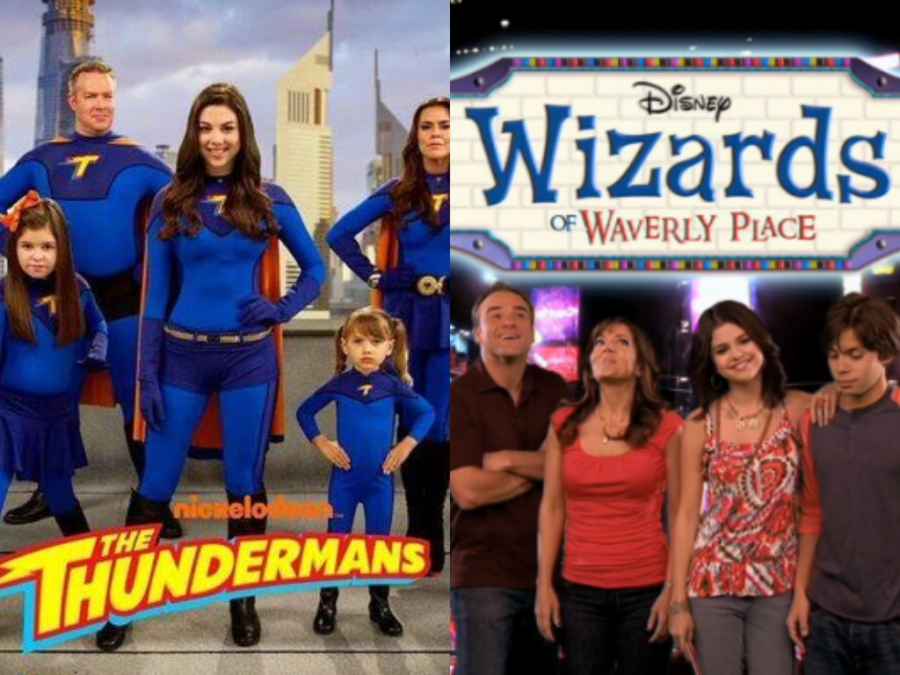

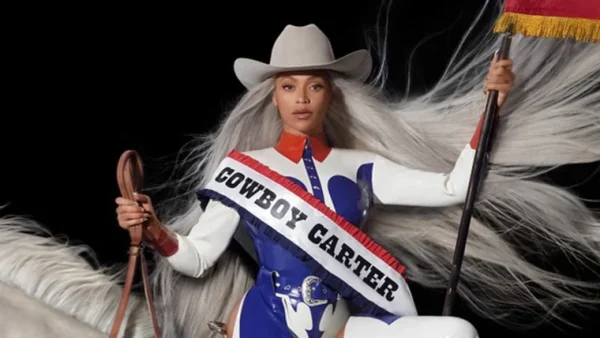
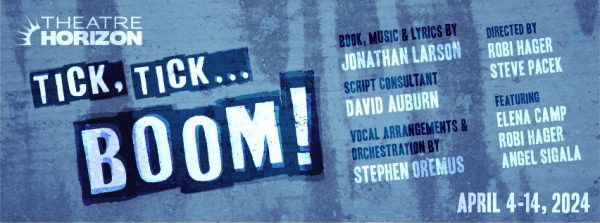
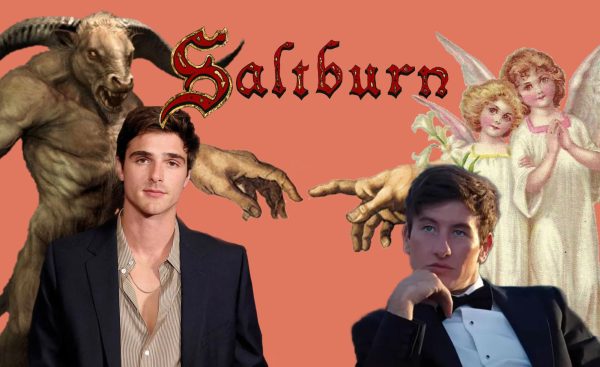
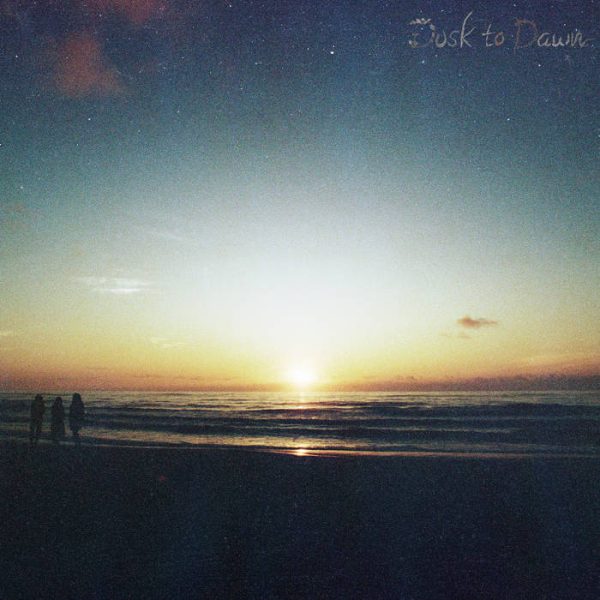
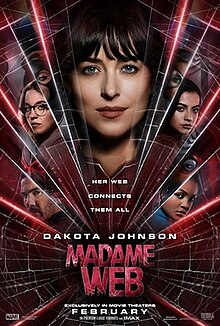
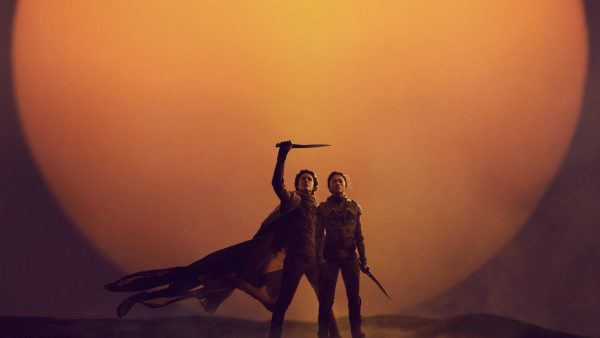
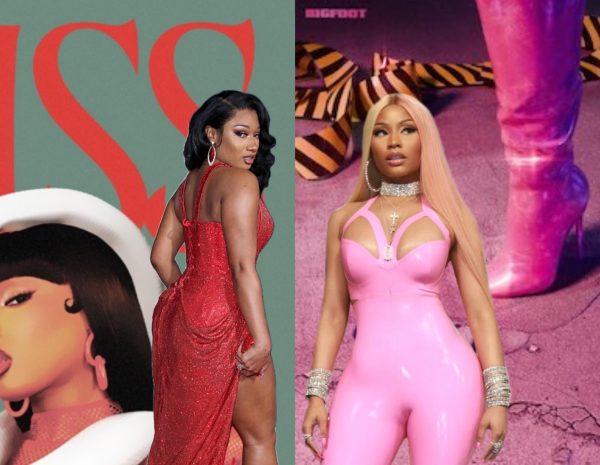
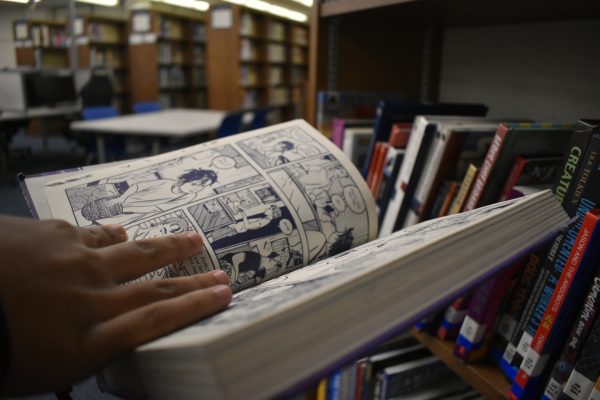
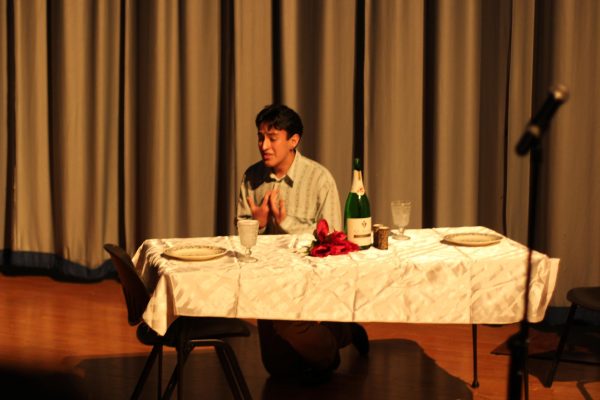
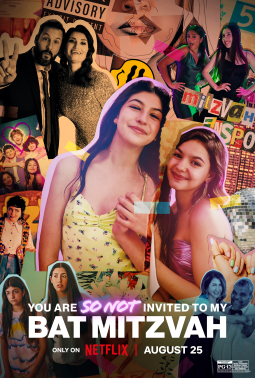
Ted Mensah • Apr 3, 2019 at 8:09 am
in Bizaardvark, its not “youtube”, as they are on a video streaming platform called vuugle. Also, the show ended in 2019, not 2016